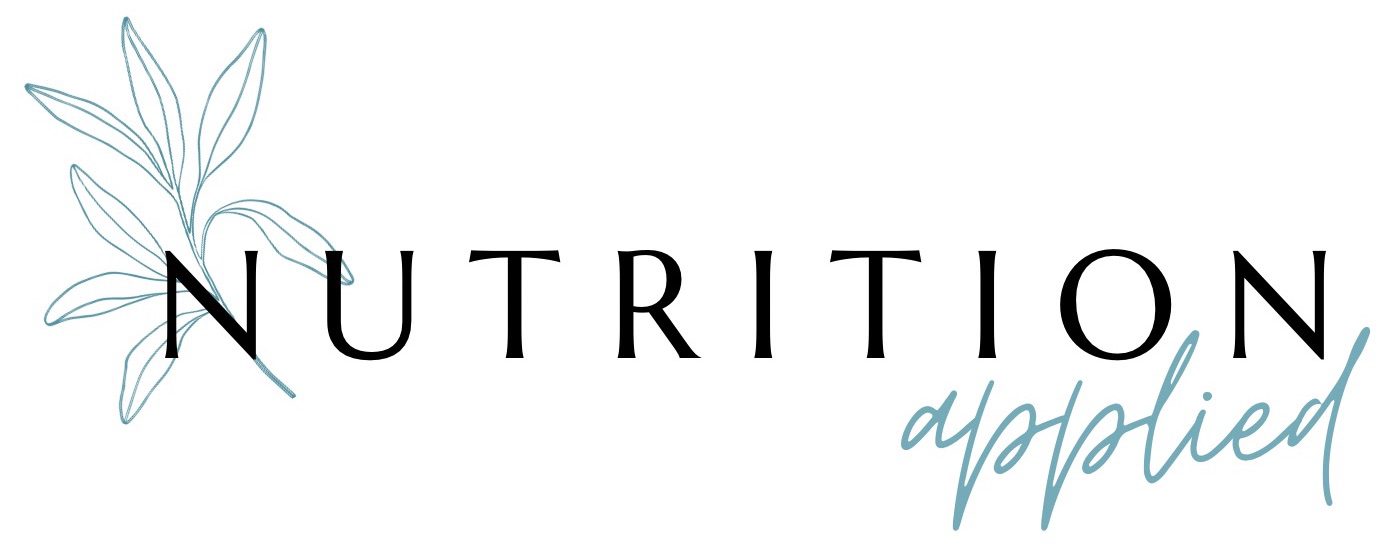
7 Foods to Help You Manage Spring Allergies
Spring is in the air! But while we enjoy warmer weather and longer days, some people may suddenly experience itchy eyes, blocked nasal passages, hives and uncontrollable sniffles. These are all symptoms of seasonal allergies. If you are lucky enough to escape these symptoms, you may have been more exposed to pollen allergens present in your environment from a young age, and your immune system is conditioned to tolerate them.
We still do not have a cure for spring allergies, but antihistamine drugs can provide some relief to those that suffer intolerable or prolonged symptoms. Fortunately, there are strategies using diet and lifestyle which you can use to support your immune system and reduce your body’s response to these common allergens.
Foods to relieve symptoms
If you’re looking for a more holistic approach to allergy relief, focusing on your diet is a great first step. These seven foods are known to help tame seasonal allergies.
Ginger
Ginger is a natural anti-inflammatory and antioxidant that may help reduce the symptoms of hay fever and other types of allergies. In addition, ginger is known to support the immune system, which may help prevent future attacks.
Bee Pollen and Local Honey
Bee pollen contains a variety of proteins, minerals and vitamins that are antimicrobial, antimutagenic, antioxidant, and anti-inflammatory. All of them can help provide relief from allergy symptoms. Bee pollen is also a natural antihistamine and can help relieve allergy symptoms. Local honey has been used to treat seasonal allergies for centuries. By consuming small amounts of locally produced honey, you can build immunity to the pollen in your area.
Oily Fish
While many people think of fish as healthy food, oily fish like salmon, mackerel and sardines are especially beneficial for those with seasonal allergies. The omega-3 fatty acids in these fish can help reduce inflammation and improve symptoms of seasonal allergies. In addition, vitamin D in oily fish can also play a role in allergy relief.
Onions
Onions are rich in quercetin, a powerful antioxidant, which helps support healthy sinus, respiratory and immune system functions. It is considered to be a natural antihistamine in that it is effective at blocking histamines which are the chemical substances responsible for many allergy symptoms, such as a runny nose, watery and itchy eyes.
Citrus
Citrus fruits are one of nature’s most effective remedies for seasonal allergies. They contain significant levels of Vitamin C which is important for immune health. Vitamin C is an antioxidant, preventing oxidative stress in the body, and is also a natural antihistamine in that it helps to break down histamines faster once they have been released by the body. This can help to relieve common allergy symptoms.
Berries
Berries contain high levels of vitamin C and numerous other antioxidants and anti-inflammatory compounds, which can help alleviate allergy symptoms. As with onions, berries also contain quercetin, a natural antihistamine.
Turmeric
Turmeric is a spice used traditionally in Indian cooking. Curcumin, the active compound in turmeric, has powerful anti-inflammatory properties that can help treat allergy symptoms. Curcumin has also been shown to inhibit the release of histamine from mast cells so turmeric can be an effective natural treatment for seasonal allergies.
Lifestyle hacks to help
When it comes to alternative lifestyle strategies which will help you to minimise exposure to the allergens:
• Rinse your nasal passages with saline solution – this flushes out mucus and allergens from your nose
• Put Vaseline around and in your nose to trap pollen
• Wear eye protection to stop the pollen from getting into your eyes
• Shower and change clothes after being outside to wash off the pollen
• Clean regularly with a vacuum fitted with a HEPA filter and dust with a damp cloth
• Close windows and doors if the pollen count is high.
